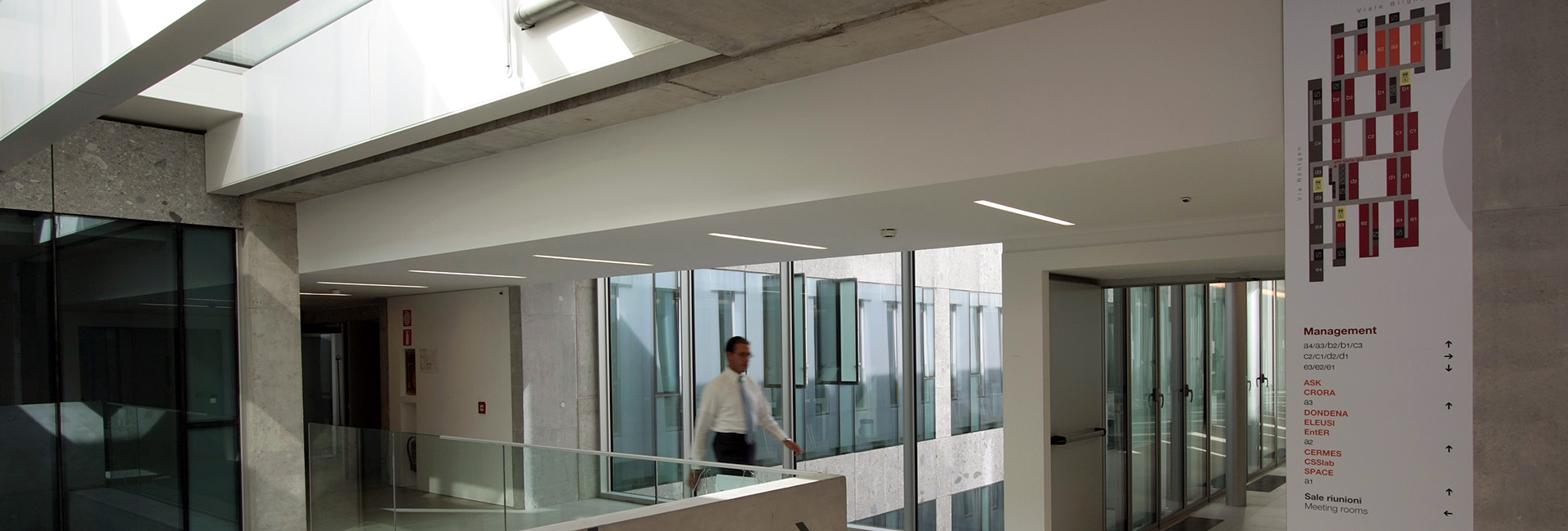Eventi del
27 2019 12:30
Aula Seminari 5.e4.sr04 - Via Roentgen 1
Development Labor Political Economy - DLPE
Reallocation Effects of Minimum Wages: Evidence from Germany
Uta Schönberg (University College London)
In this paper, we investigate the wage, employment and reallocation effects of Germany’s first-time introduction of the nation-wide minimum wage, affecting 15% of its employees. Based on various difference-in-difference style specifications that exploit variation in the exposure to the minimum wage across individuals, regions, and firms, we find that the minimum wage raised wages, and did not lower employment. At the same time, the minimum wage lead to reallocation effects. At the individual level, the minimum wage increased the probability that a low wage worker (but not a high wage worker) moves from a small, low paying firm to a larger, higher paying firm. This worker upgrading to better firms can account for up to 30% of the wage increase induced by the minimum wage. Moreover, at the regional level, average firm quality (measured as firm size or fixed firm wage effect) increased in regions more affected, relative to regions less affected, by the minimum wage in the years following the introduction of the minimum wage. Lastly, at the firm level, small firms declined in size and shut down, whereas larger firms expanded, in response to the minimum wage.





